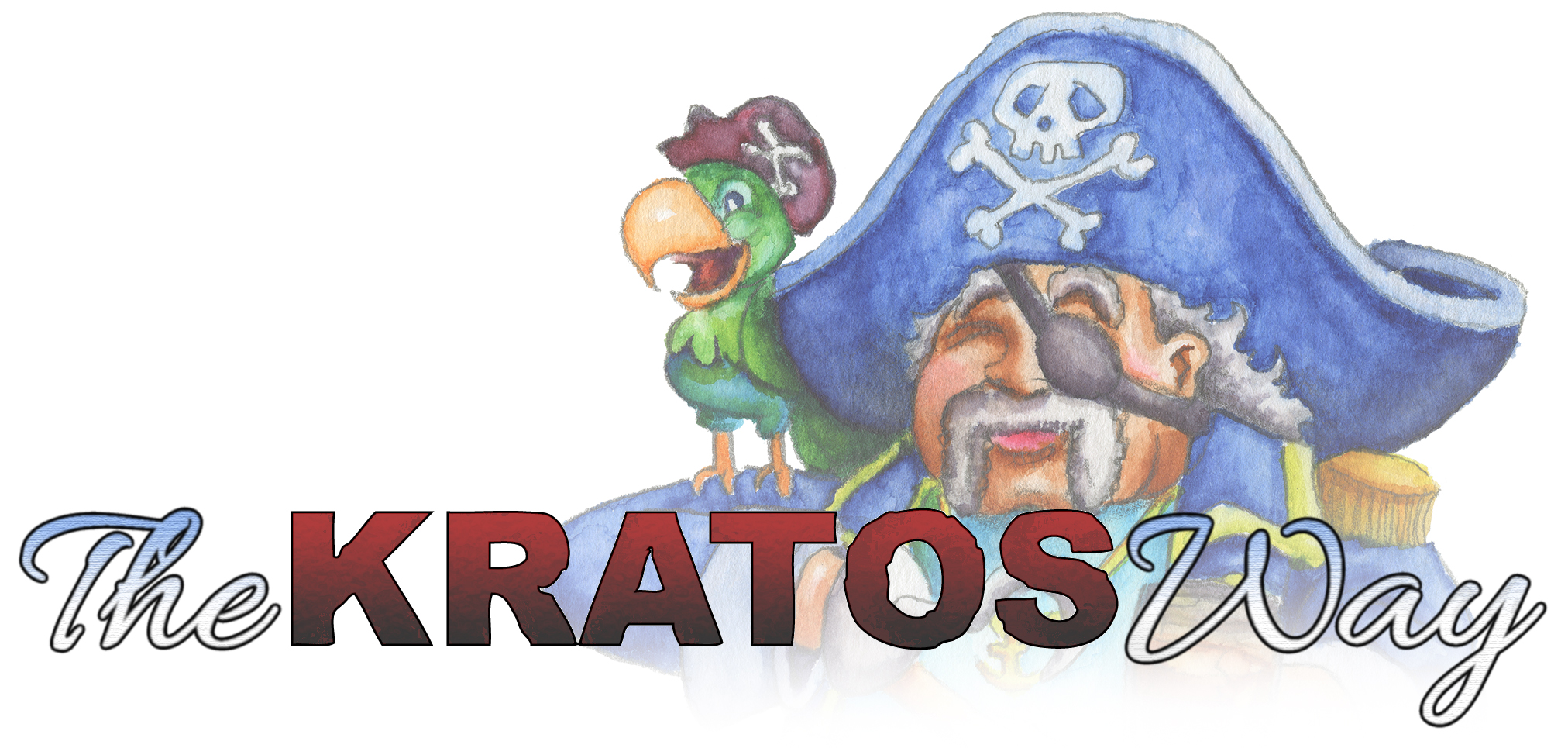

|
Pavlov At the turn of the 20th century, plenty of physiologists were focusing their attention on the gut. Ivan Pavlov, William Bayliss, Ernest Starling... these are a few of the notable pioneers who were blazing the entrails of animals in that time, hoping to find lessons, and not just stools, in their digestive systems (Bayliss et al., 1899). And they did. In 1904, Pavlov won the Nobel Prize in Physiology or Medicine "in recognition for his work on the physiology of digestion" (Filaretova et al., 2016). Pavlov's work was on neuronal responses (ding, ding goes the dinner bell) while Bayliss and Starling were exploring chemical control of physiological functions (Hirst, 2004). Learning about animal innards paved the way for today's scientists to study how we interact with our food. It's not just upset tummies. There is a gut-brain dialogue chattering up and down the vagal nerve (Dockray, 2014), which provides signals for hunger, satiety, and intestinal motility. The expected stuff. But also immunity and mental health; if our guts stop cooperating, we experience elevated risks of irritable bowel syndrome, autoimmune disorders, and depression (Sun et al., 2020; Voreades et al., 2014). 
|